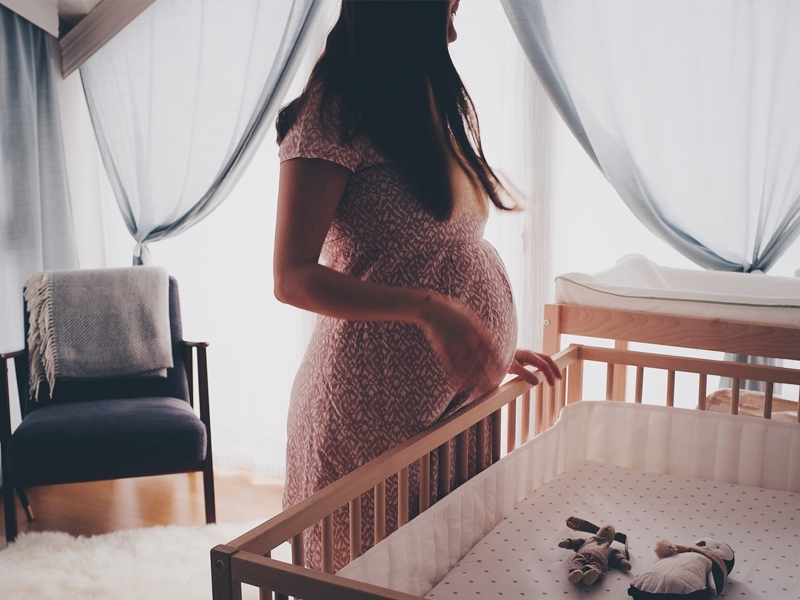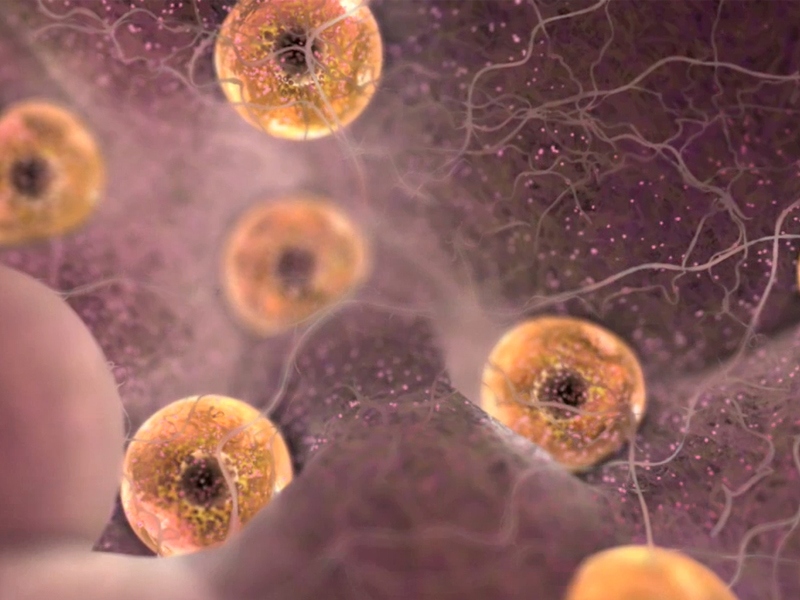Infertility after abortion

If a woman has had an abortion at least once before, then in the future, the likelihood of infertility increases. Sometimes abortion is performed at personal request or in order to preserve the health of the woman with abnormal development of the fetus. The risk is determined by the type of abortion and the stage at which it was performed, as well as whether medical recommendations were followed. If this problem occurs, infertile couples can be treated. If it turns out to be ineffective, various methods of artificial technologies or surrogacy are used.
What is the abortion? Types of abortion
Abortion refers to the termination of pregnancy, which can be spontaneous or artificial. The procedure is safe for the female body when it is carried out in a medical institution by qualified specialists, while the pregnancy is no more than 8 weeks. Despite the fact that termination of pregnancy is permitted by law (with some restrictions), many women try to get out of an undesirable situation on their own, the result of which is serious complications, including infertility problems in the future.
The risks of infertility after abortion depends largely on its type:
- Medical abortion or pharmabortion performed in the first trimester (up to 6 weeks). Spontaneous miscarriage occurs as a result of taking several pills at certain intervals. In this case, the negative consequences of abortion are minimal because no surgical intervention is required.
- Vacuum aspiration or mini-abortion performed no later than 7 weeks. During the manipulation, the fetal egg together with the embryo is removed from the uterine cavity using a special tool. The consequences are unpredictable, since pregnancy after an abortion performed this way may not occur due to the closure of the opening of the fallopian tubes or other pathological changes in the pelvic organs.
- Curretage or surgical abortion. The operation is performed under general anesthesia and involves scraping the fetus out of the uterine cavity along with the mucosa. As a consequence of the procedure, the quality of the uterus becomes worse, and there are the risks of adhesions, scarring, and damage to the cervix.
Despite the painlessness and safety of some abortion methods, the risks of infertility remains. In order to avoid negative consequences after the abortion, it is necessary to carry out manipulations in a hospital and follow the doctor’s recommendations for recovery of the body.
Causes and statistics of infertility after an abortion
The main causes of infertility after a medical abortion are:
- hormonal disorders, since the termination of pregnancy is stress for the female body
- adhesions formation on the inner parts of the organs of the reproductive system negatively affecting the egg transport to the uterus
According to the statistics of pregnancy after an abortion, 10% of women face infertility after this medical procedure. At the same time the unproven methods of pregnancy termination may increase risks of infertility up to 40%. Abortions are not recommended for girls who have not previously given birth, or those who have had a caesarean section. Termination of pregnancy is also contraindicated for patients with cancer of the uterus, for a period of more than 20 weeks, since there are high risks not only of infertility, but also a threat to the health and life of a woman.
How to avoid the consequences of an abortion?
In order to decrease the risks of negative consequences, you should follow these recommendations:
- Get a comprehensive examination to assess the condition of the uterine cavity after the procedure
- Consult a doctor if you notice any changes in your health
- Take a course of hormone therapy and anti-inflammatory drugs (if necessary)
- Exclude the possibility of hypothermia of the body until it is fully recovered
During the recovery period, it is worth refusing to visit the bath, sauna, or pool. Pregnancy after an abortion is often at risk due to active sexual life after procedure. A woman is required to refrain from sexual intercourse for 2-3 weeks, and also to give up alcoholic beverages. During the several months after an abortion, it is important to use protection in order to avoid the new pregnancy and additional stress on the reproductive system.
Treatment of infertility after an abortion
If a woman became infertile after an abortion, this problem can be solved by seeking medical help in time. The success of treatment depends on the nature and cause of the pathology. The selection of therapeutic measures is based on the results of a comprehensive diagnosis and can be as follows:
- Taking hormonal drugs if the infertility is associated with an imbalance of hormones.The goal of therapy is to stabilize the menstrual cycle and work of the endocrine glands in the body.
- Physiotherapy and drug treatment, which is prescribed if infertility is caused by the inflammatory processes.
If, as a result of an abortion, the structure of the tissues of the organs of the reproductive system changes, adhesions, scars are formed, leading to obstruction of the fallopian tubes, then surgical intervention is prescribed. The duration and cost of treatment depend on the pathological process, and it may not always give a positive result.
If it is impossible to get pregnant after an abortion, medical and surgical treatment does not give positive dynamics, experts recommend the use of assisted reproductive technologies. VittoriaVita Surrogacy Center is ready to provide assistance and support to couples who cannot have children after a previous termination of pregnancy.
Highly qualified specialists will select the appropriate method of fertilization (IVF, IUI, use of donor eggs and sperm) or a set of surrogacy services to create a full family and give the happiness of being parents.
What may be the reason of concern during the pregnancy after an abortion?
If a woman is able to become pregnant after a previous abortion, the medical examinatio should be especially carefully carried out because of the high risk of spontaneous abortion. In order to avoid it you need to register with an experienced gynecologist who will recommend the necessary measures to preserve the fetus.
It is also worth noting that if pregnancy occurs a few weeks or months after curettage, there are high risks of internal bleeding, rupture of the walls of the uterus and other serious complications. Contraceptives are the most reliable methods to avoid all negative consequences.

